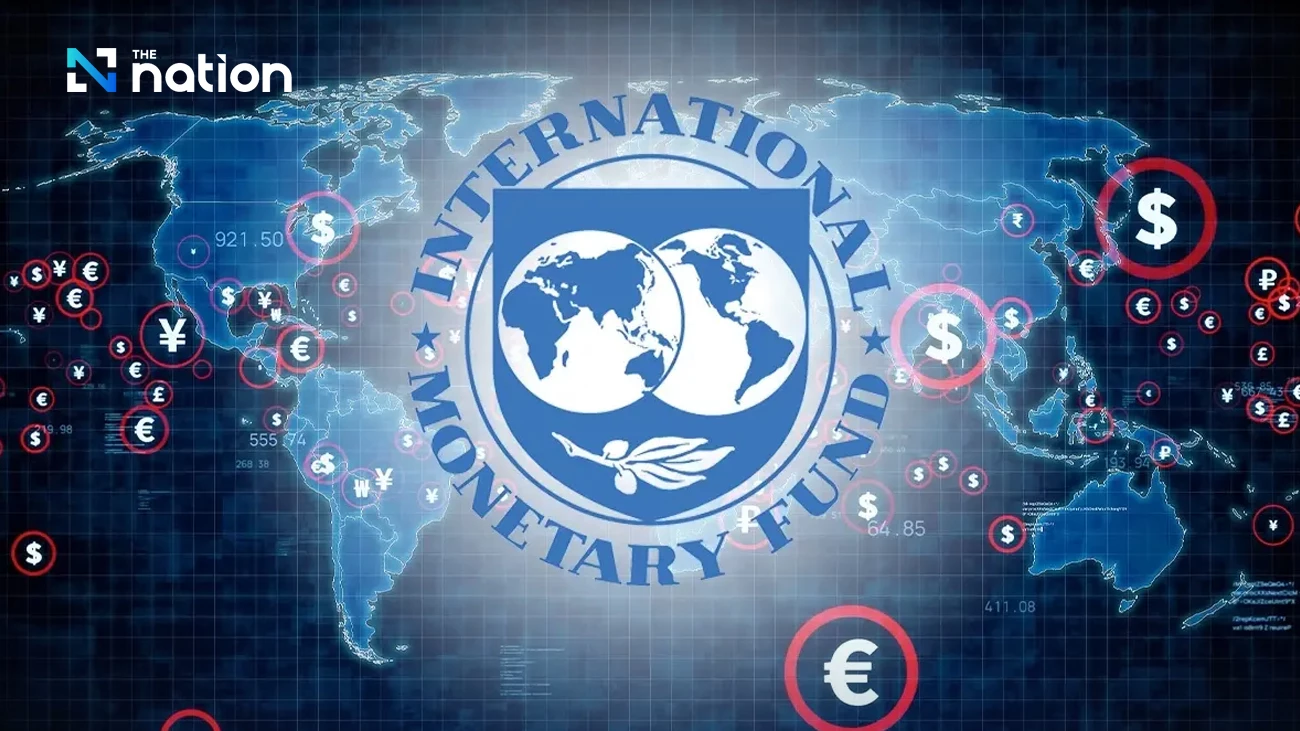
The International Monetary Fund (IMF) has issued a stark warning: the current global trade war could pose a more severe crisis than the Covid-19 pandemic — especially for central banks in emerging markets, where the challenges are more complex and the policy responses less uniform. This is tightening global financial conditions in ways not seen since the pandemic.
Gita Gopinath, First Deputy Managing Director of the IMF, told the Financial Times that the shock from escalating trade tensions is affecting emerging-market central banks in more complicated ways than the pandemic did. During Covid-19, most central banks had the option to swiftly cut interest rates or roll out stimulus packages. That’s no longer the case.
"The challenge this time is greater than during the Covid outbreak," Gopinath stated, adding that unpredictable impacts from U.S. tariffs on developing economies and global markets are making policymaking significantly harder for these countries.
Officials from the U.S. Federal Reserve have indicated they are "not ready to cut interest rates" until they are certain new tariffs will not stoke inflation. However, emerging markets are grappling with a demand-side shock — falling inflation and slowing growth — unlike the inflationary concerns dominating developed economies.
This is a departure from the pandemic-era playbook, when central banks worldwide could inject liquidity through rate cuts and bond-buying programs. The diverging paths now, Gopinath explained, are likely to tighten global financial conditions, and emerging markets are particularly vulnerable to such shifts.
Despite the turmoil, emerging-market currencies and stocks have rebounded over the past two months. This followed Trump’s major tariff announcement on “Liberation Day,” April 2, 2025, which initially rocked global markets. Investors are betting that emerging market central banks will maintain or even expand stimulus — though there remains a risk of capital outflows, as higher interest rates in developed economies lure funds back.
The MSCI Emerging Markets Index (excluding China) — a primary target of Trump's tariff policies — has surged nearly 20% from its post-announcement low. Currencies such as the Mexican peso, South Korean won, and South African rand have all appreciated more than 5% against the U.S. dollar in spot trading, reflecting broad dollar selloffs.
However, the Organization for Economic Cooperation and Development (OECD) has warned in its latest report that capital flow volatility is now a rising risk for emerging markets. Despite recent gains, currencies remain sensitive to global risk sentiment.
“Many emerging economies now face growing risk of capital flight if global economic outlooks worsen, potentially leading to currency depreciation and higher financing costs,” the OECD noted.
Thailand’s Alarming Exposure
For Thailand — a country heavily reliant on global trade and foreign investment — this is not an external storm, but a direct blow to the heart of its economy. The fallout could hit exports, deter new investment, and disrupt labor markets in export-driven industries. Without an urgent, coordinated response, Thailand risks falling into a structural recession.
While some countries have launched proactive strategies — from diversifying export markets to fostering domestic innovation and fiscal resilience — Thailand has yet to signal a strong, unified national response. Though economic stimulus plans and investor promotion efforts have been discussed, there is no concrete, long-term strategy to confront a fragmented global trade system.
Compounding this, the Thai-Cambodian border dispute is becoming a major flashpoint. If unresolved, it may further harm investor confidence and add pressure to an already fragile economic environment.
Thailand must break out of its comfort zone and shift into full preparedness mode. That means moving beyond short-term handouts and consumption boosts. The country needs to rebuild its economic foundations to withstand future external shocks.
Waiting out the storm is no longer a viable strategy. The world won’t slow down for Thailand to catch up. Unlike the pandemic — which was chaotic but temporary — this trade war may bring deeper, longer-lasting damage if we fail to act decisively now.
Source: Nation Thailand
Share: